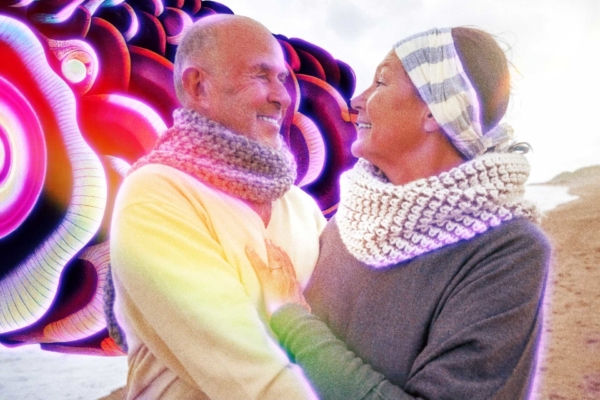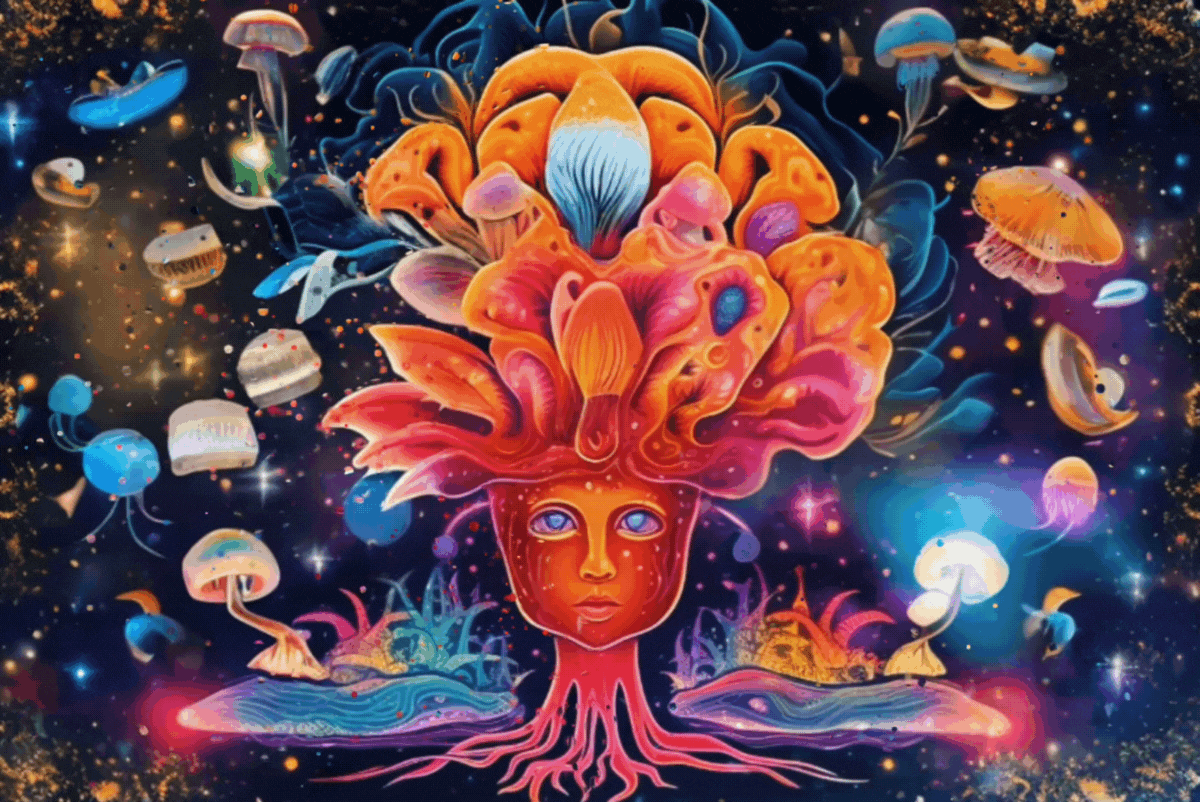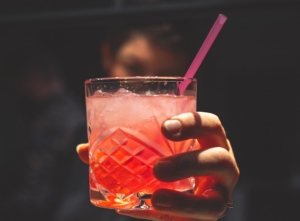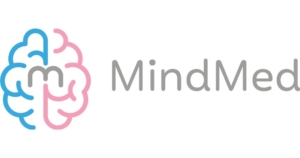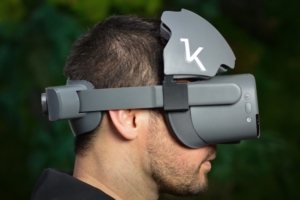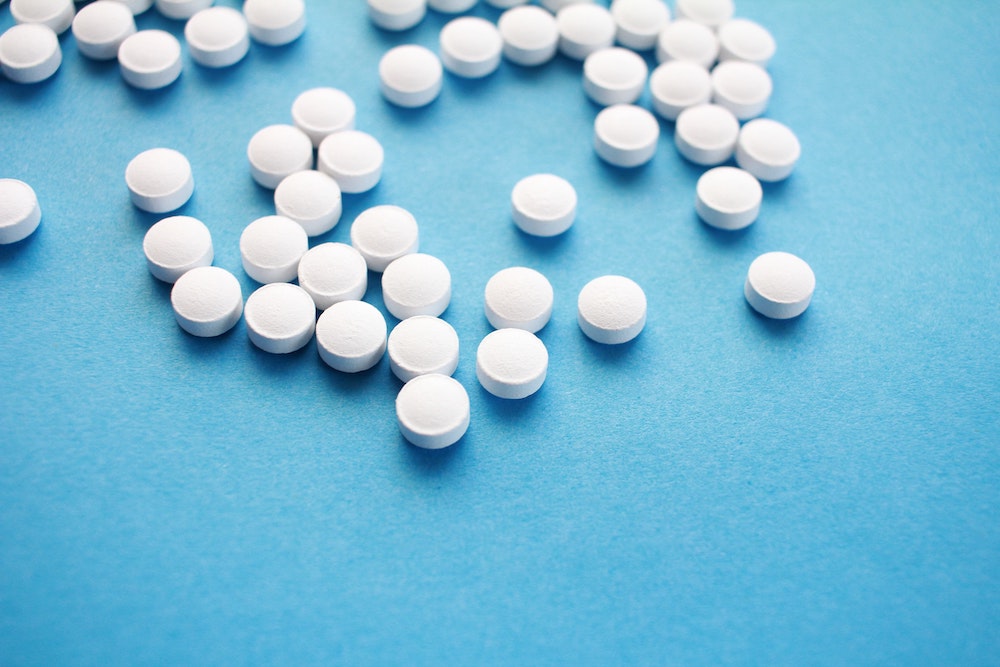
When compared to prescription antidepressant medication, psilocybin, the psychoactive ingredient in magic mushrooms, was found to be as effective at treating depression—if not more so, according to a new study, published in the New England Journal of Medicine. The study is the first to pit therapeutic doses of psilocybin against a pharmaceutical drug.
The six-week study involved 59 adults, 40 percent of whom had been taking depression medication but weaned off of the drugs in order to participate in the study. Thirty of the participants received two 25mg doses of psilocybin three weeks apart, as well as six weeks of a daily placebo pill.
The remaining 29 were also given a sub-hallucinogenic microdose of psilocybin during two visits and a daily dose of escitalopram, the active ingredient in the antidepressant Lexapro. All psilocybin doses were given in a clinician’s office and participants were monitored while under the influence of the medicine.
At the end of the six-week study, researchers used four measures to determine whether participants’ symptoms had improved. One of the measures showed psilocybin to be just as effective at treating depression symptoms as escitalopram. The other three showed psilocybin to be superior at treating symptoms.
“We were honestly surprised that psilocybin performed as well as it did,” said lead researcher Robin Carhart-Harris, head of the Centre for Psychedelic Research at Imperial College London. Researchers said they plan to check back with participants in six months to look at longer-term effects.
Escitalopram, a selective serotonin reuptake inhibitor (SSRI), is a first-line treatment for major depression in adults. One drawback is that it can take as long as 8 to 12 weeks for the full benefits of SSRIs to kick in. Other studies have shown the effects of psychedelics to be more immediate.
“This is huge because it’s showing that psilocybin is at least as good—and probably better—than the gold standard treatment for depression,” said Roland Griffiths, director for the Center for Psychedelic and Consciousness Research at Johns Hopkins University, who was not involved in the study.
